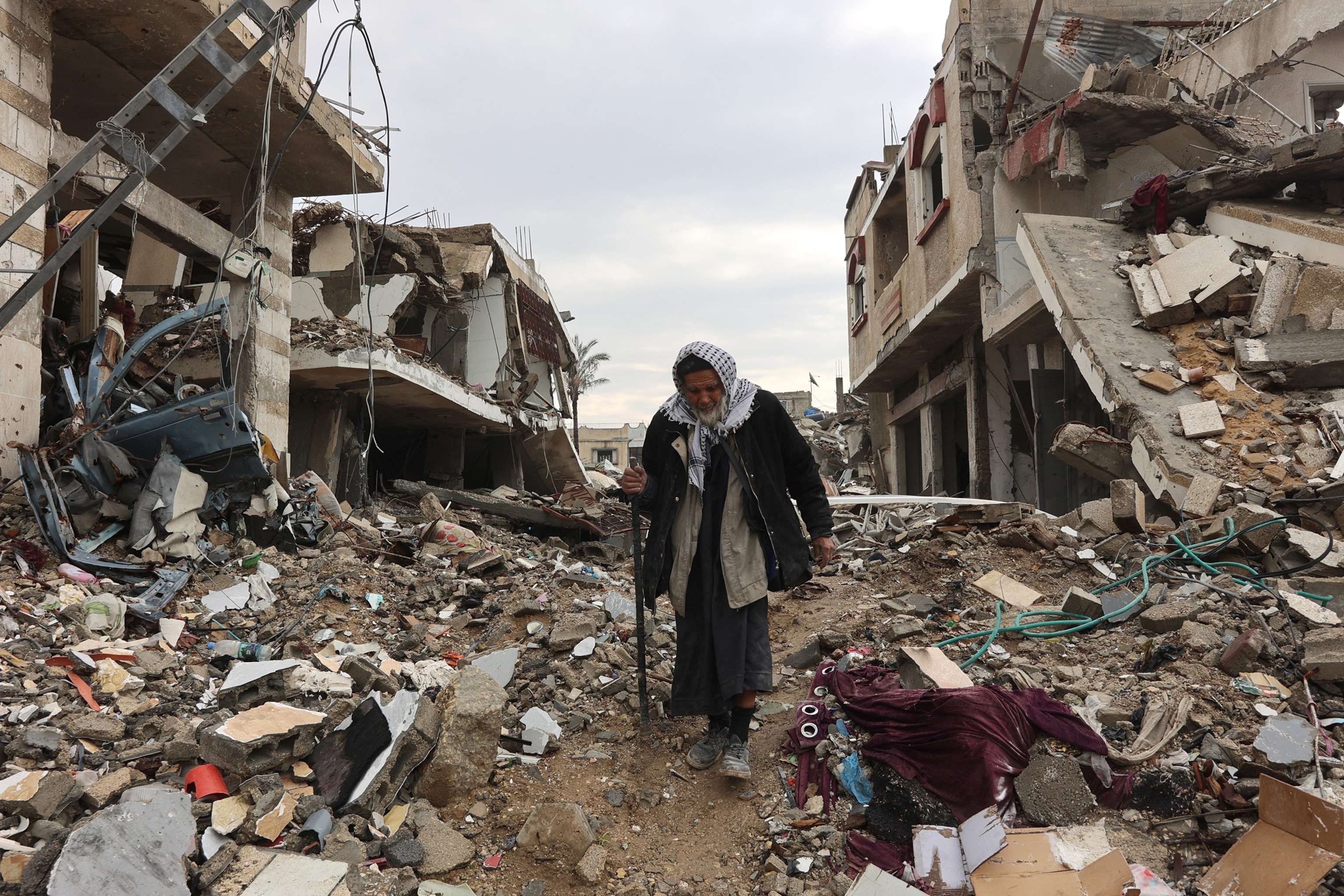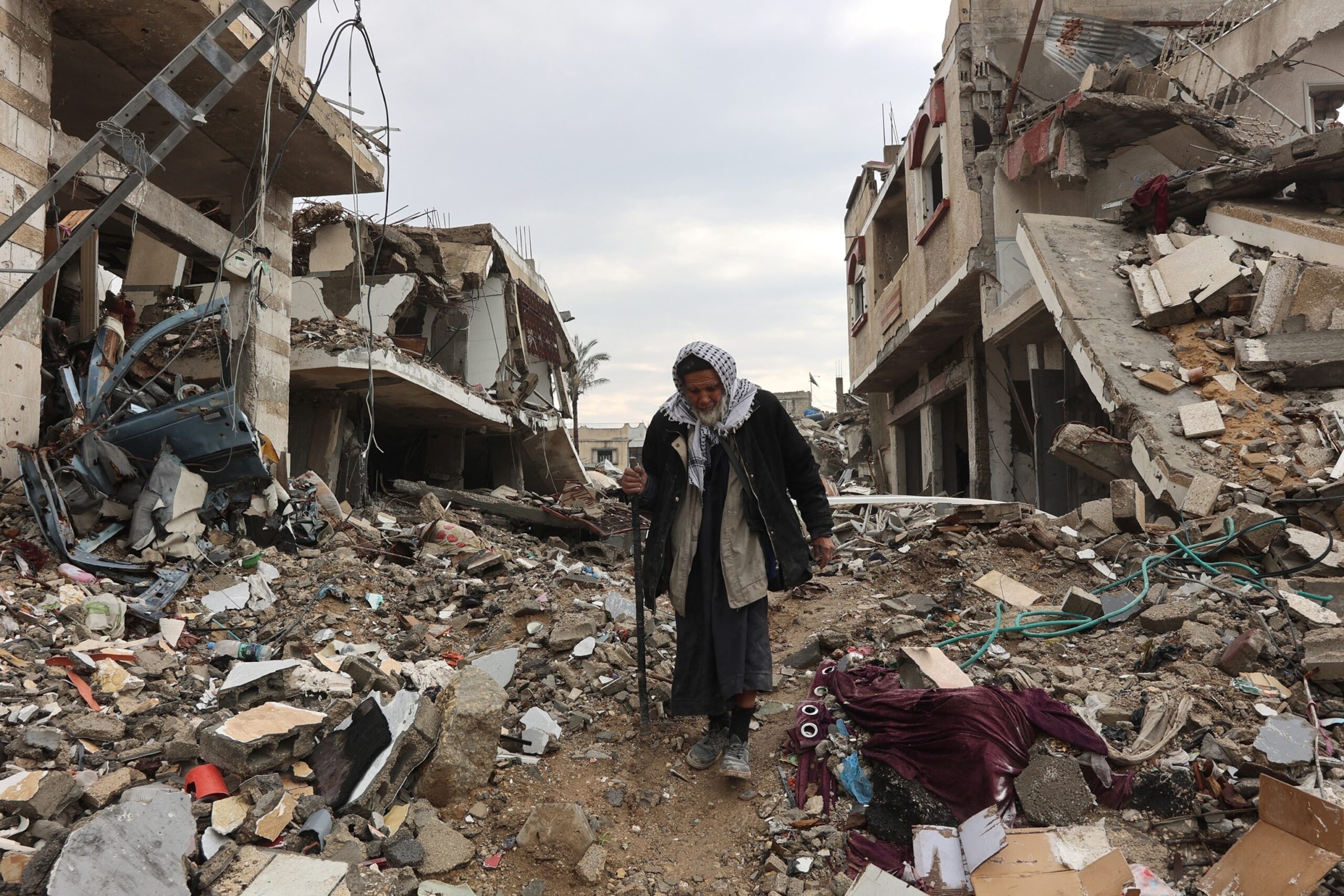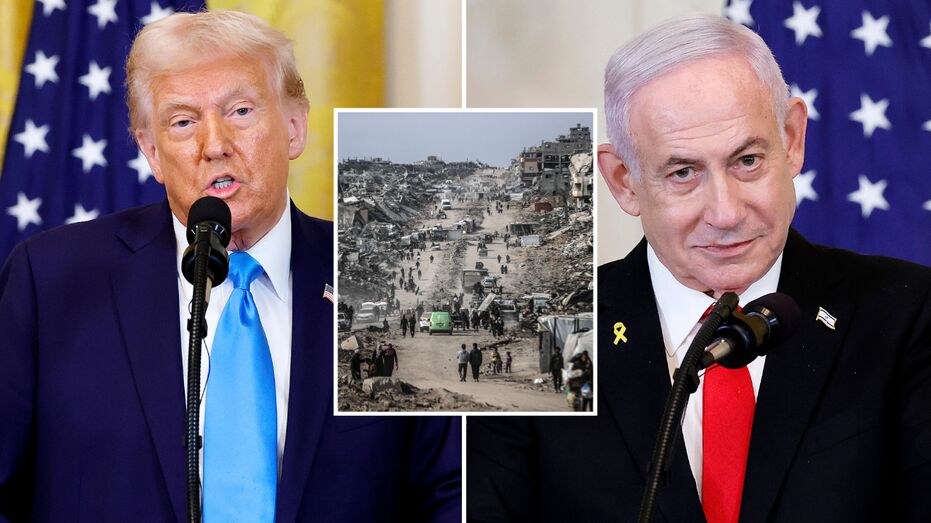
Israel Accepts Ceasefire Proposal Amid Hostage Crisis
On Thursday, the White House confirmed that Israel has accepted a ceasefire proposal from Middle East envoy Steve Witkoff and President Donald Trump. This initiative aims to secure the release of 58 hostages who have been held in Gaza for over 600 days. White House press secretary Karoline Levitt emphasized that “Israel approved this proposal before it was presented to Hamas,” indicating a diplomatic effort that seeks to bring an end to the ongoing conflict.
Ongoing Discussions and Optimism for Peace
Discussions surrounding the ceasefire are currently ongoing, with both U.S. and Israeli officials expressing hope that a truce will be established. The primary goal remains the safe return of the hostages who have endured a prolonged ordeal. Levitt refrained from providing extensive details about the proposed terms, and as of now, Hamas has not issued an official response to the ceasefire plan. State Department spokesperson Tammy Bruce shared her sentiments regarding the proposal, mentioning a feeling of “important optimism” while also acknowledging that the official stance from Hamas remains “unknown at this point.”
Hamas’s Position and Previous Agreements
Interestingly, a statement issued by Hamas on Wednesday showcased their willingness to enter into discussions regarding a ceasefire framework with U.S. envoy Steve Witkoff. This preliminary agreement highlighted several key elements: a permanent ceasefire, the withdrawal of occupation forces from Gaza, enhanced humanitarian aid, and the establishment of a committee to oversee Gaza’s affairs post-agreement. However, the specifics of the Israeli-approved ceasefire proposal remain somewhat murky.
Additionally, Hamas referenced a reviewed proposal that included the release of 10 Israeli hostages and “a number of bodies” in exchange for Palestinian prisoners. These developments suggest a complex landscape of negotiation, where multiple stakeholders are weighing their options and demands amid pressing humanitarian concerns.
Current Hostage Situation
Despite the hopeful narrative surrounding the ceasefire, the situation remains tense. Following the release of American-Israeli hostage Edan Alexander, there are still 58 individuals being held by Hamas. Reports indicate that approximately 24 of these hostages are believed to be alive; however, Israeli intelligence suggests this figure may be lower, highlighting the uncertainty surrounding the captives’ condition and well-being.
Moreover, the bodies of four American Israelis captured on October 7, 2023—Itay Chen, Omer Neutra, Gadi Haggai, and Judi Weinstein Haggai—are still unaccounted for, adding further strain to the emotional toll on the families affected by this crisis.
Conclusion
The acceptance of the ceasefire proposal by Israel marks a significant step forward in the ongoing conflict, highlighting the intricate dynamics involved in negotiating peace in the region. As talks continue and optimism grows, the focus remains on the safe return of the hostages and the establishment of lasting peace in Gaza. The world watches closely as both sides navigate this critical juncture, balancing diplomacy with the pressing needs of humanitarian aid and security.
Reported by Yonat Frilling.

















